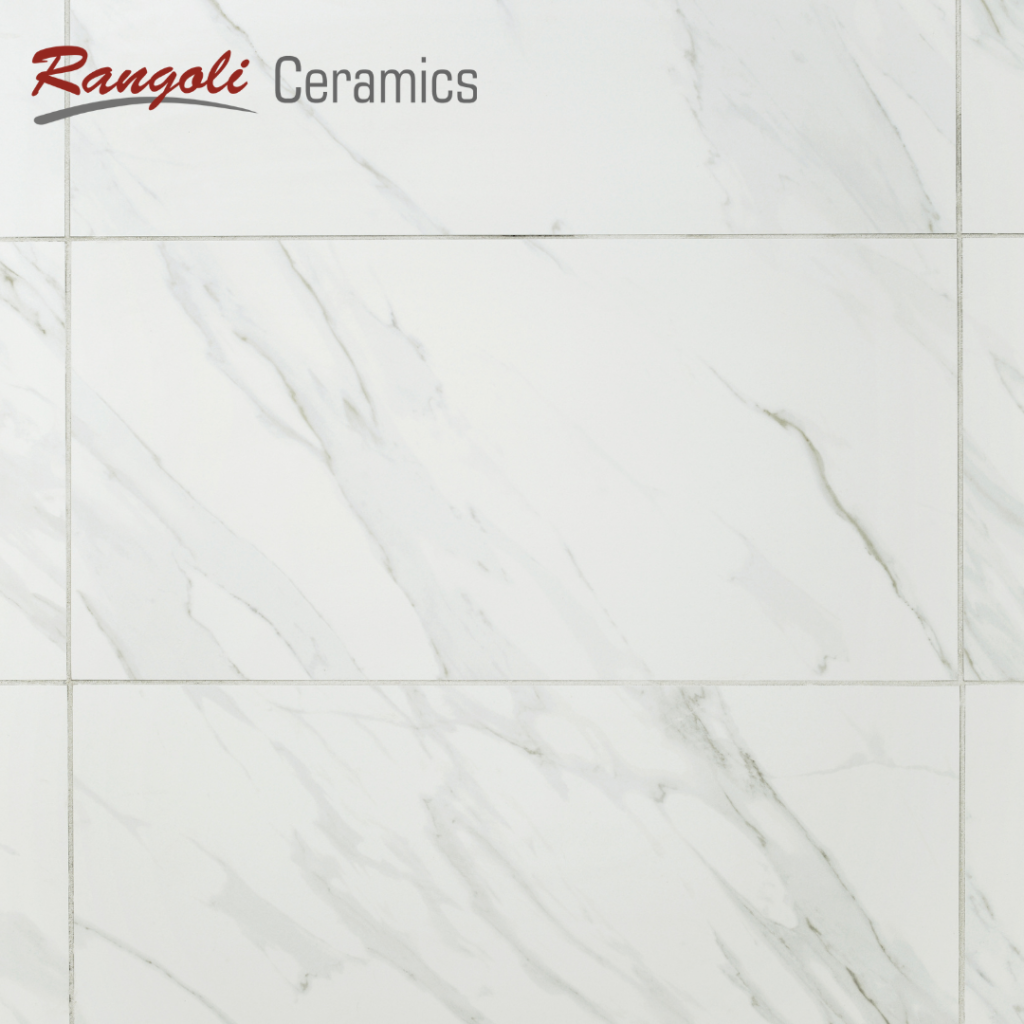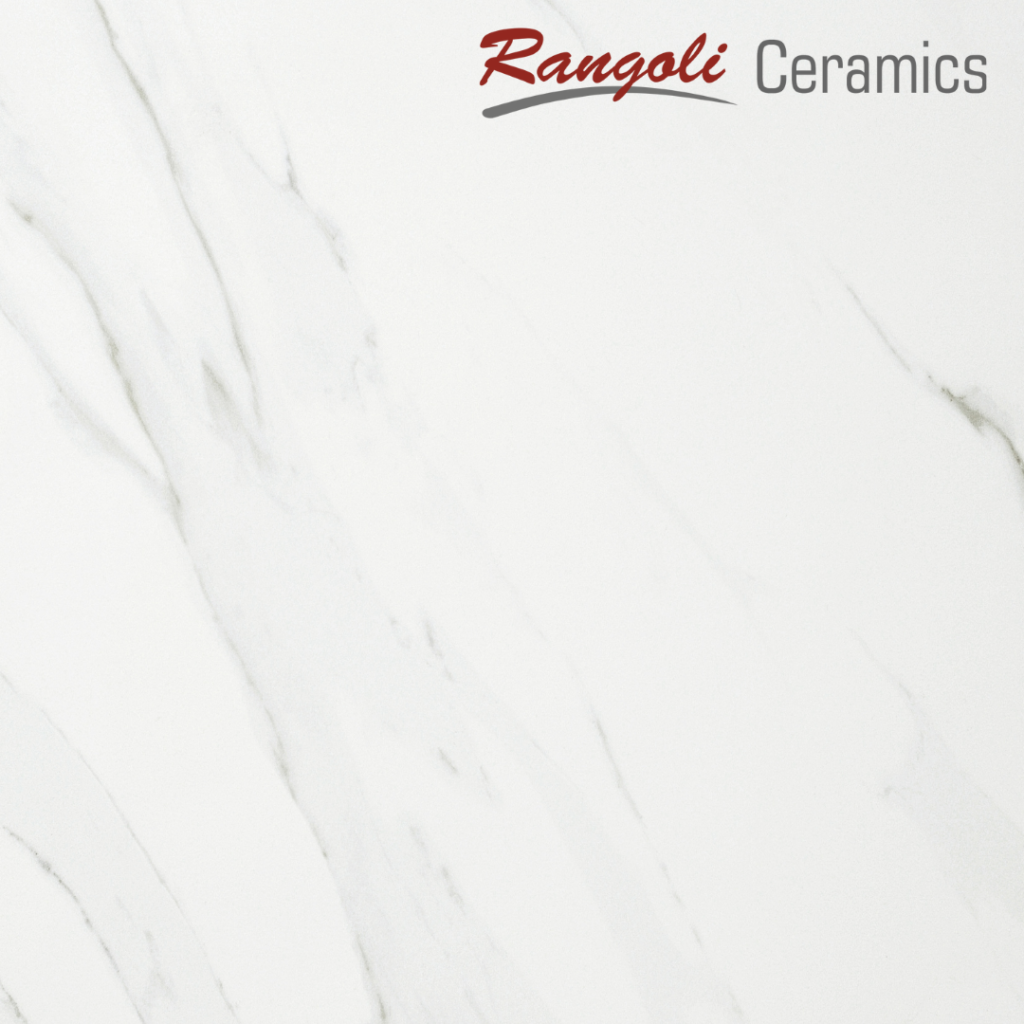In this article we are going to discuss about Why do floor tiles pop up? Floor tiles are a popular choice for homeowners due to their aesthetic appeal, durability, and ease of maintenance. However, the unexpected occurrence of floor tiles “popping up” or becoming dislodged can be both frustrating and concerning. Understanding the reasons behind this phenomenon is essential for homeowners to address the issue effectively and prevent future problems.
Why do floor tiles pop up?
In this comprehensive exploration, we will delve into the various factors that contribute to floor tiles popping up, potential causes behind the problem, and practical solutions to ensure the stability and longevity of your floor tile installations.
Understanding Floor Tiles
Floor tiles come in a variety of materials, including ceramic, porcelain, natural stone, and vinyl. They are chosen for their resilience, resistance to wear and tear, and the ability to enhance the visual appeal of any space. Properly installed floor tiles can last for years, providing a durable and attractive surface.

Why Do Floor Tiles Pop Up?
1. Inadequate Adhesive Bond
One of the primary reasons for floor tiles popping up is the lack of a strong adhesive bond between the tiles and the subfloor. The adhesive is responsible for securely adhering the tiles to the subfloor, ensuring they remain in place over time. If the adhesive bond is insufficient, the tiles can become dislodged due to foot traffic, vibrations, or shifting of the subfloor.
2. Poor Subfloor Preparation
The subfloor, which provides the foundation for the tiles, plays a pivotal role in the stability of the tile installation. Inadequate subfloor preparation, such as uneven surfaces, improper cleaning, or insufficient use of bonding agents, can compromise the adhesion of the tiles. Over time, this can result in tiles popping up as the weak bond deteriorates.
3. Moisture and Humidity
Excess moisture and humidity can significantly impact the adhesive used for tile installation. Moisture weakens the bond between the tiles and the subfloor, leading to dislodgment. This is particularly prevalent in areas with high humidity levels, such as bathrooms, kitchens, and basements.
To know more about ceramic tiles price you can checkout this. As well as to buy tiles you can visit the tiles shop in Bikaner i.e Rangoli Ceramics.
4. Subfloor Movement
Subfloors can experience movement due to factors like settling, temperature changes, and external pressure. When the subfloor shifts, it places stress on the tiles and the adhesive, causing the tiles to come loose. This issue can be aggravated if the adhesive used lacks flexibility.
5. Incorrect Installation Techniques
The correct installation of floor tiles requires precision and attention to detail. Incorrect techniques, such as inadequate mortar coverage, improper trowel size, or incorrect grout application, can compromise the overall stability of the tile installation. Such errors can lead to tiles popping up over time.
Read Also: Why do ceramic tiles crack?
6. Low-Quality Adhesive or Materials
Using low-quality adhesive, grout, or other installation materials can significantly impact the durability of floor tiles. These subpar materials may not provide the necessary strength to maintain a secure tile installation. Investing in high-quality materials is vital to reducing the risk of tiles popping up.

7. Insufficient Curing Time
After tile installation, the adhesive and grout require sufficient time to cure and create a strong bond. Rushing through this curing process can weaken the adhesive bond, leading to tiles becoming dislodged. Following manufacturer recommendations for curing times is crucial for a durable installation.
8. Incorrect Grout Application
Grout, which fills the gaps between tiles, plays a crucial role in tile stability. Incorrect grout application, such as inadequate filling or improper mixing, can lead to weak grout lines. Weak grout can contribute to tiles becoming loose and popping up.
Preventive Measures
1. Thorough Subfloor Preparation
Ensuring the subfloor is properly cleaned, leveled, and primed is essential for a strong tile installation. Adequate preparation provides a stable foundation for the tiles to adhere to.
2. Quality Adhesive and Materials
Investing in high-quality adhesive, grout, and installation materials suitable for the specific conditions of the area is essential. Using recommended materials enhances the longevity and stability of your floor tile installation.
3. Professional Installation
Seeking the services of experienced tile installers is invaluable. Professionals have the expertise to ensure correct installation techniques, proper mortar coverage, suitable grout application, and overall tile stability.
4. Allow for Adequate Curing Time
Patience during the curing process is key. Allow adhesive and grout to cure for the recommended duration before subjecting the tiles to heavy use. Compromising the installation’s integrity is a risk when rushing this process.
Read Also: Are ceramic tiles good for floors?
5. Address Moisture Management
Implement measures to manage and prevent excess moisture in areas prone to it. Proper ventilation, waterproofing, and using moisture-resistant materials can mitigate the risk of tiles popping up due to moisture-related issues.
6. Regular Maintenance and Inspection
Conduct regular inspections and maintenance of your floor tile installations. Promptly address any loose tiles or grout issues to prevent the problem from worsening.
7. Flexibility in Adhesive
In areas where subfloor movement is likely, consider using adhesive with flexibility properties. This can accommodate minor shifts without compromising the tile installation’s integrity.
Conclusion
The occurrence of floor tiles popping up is a concern that homeowners can address and prevent with the right knowledge and actions. By understanding the factors that contribute to this issue, you can take proactive steps to ensure the stability, longevity, and attractiveness of your floor tile installations.
Prioritizing thorough subfloor preparation, investing in high-quality materials, seeking professional installation services, allowing adequate curing time, and addressing moisture concerns are key strategies to prevent floor tiles from popping up. With the right approach, your floor tiles can continue to provide a beautiful and durable surface that adds value and comfort to your home for years to come. So, Now I hope you have understood about why do floor tiles pop up.

